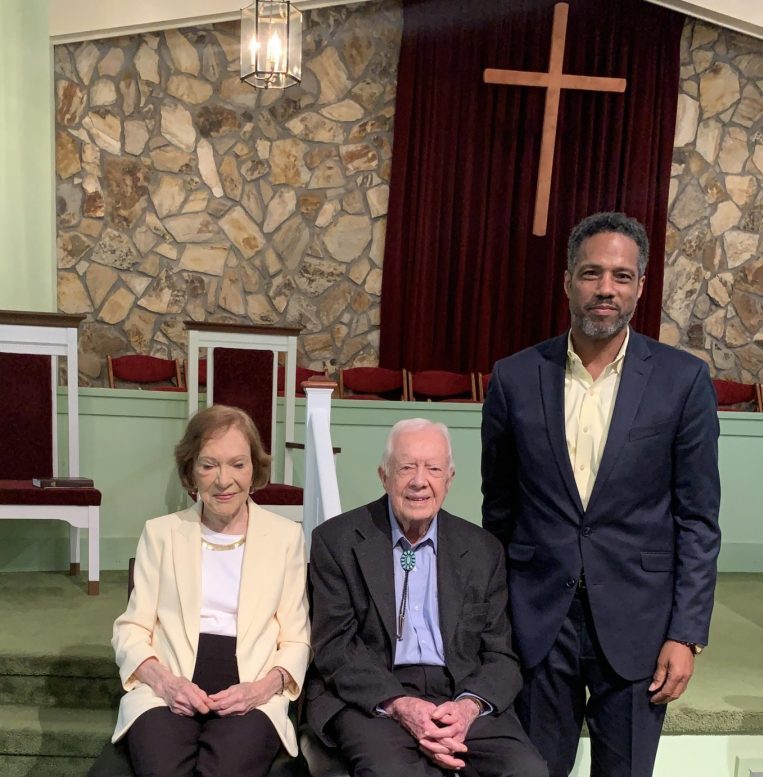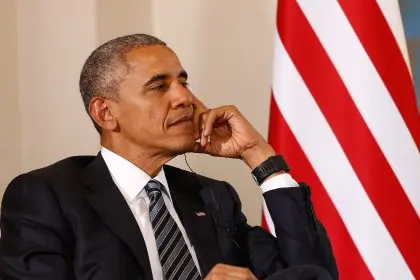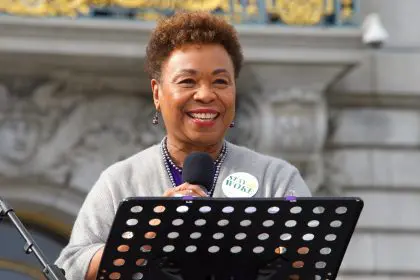Former President Jimmy Carter‘s death at 100 marks the end of a complex journey that transformed America’s political landscape, particularly for Black communities. His story reflects the nation’s own struggles with racial justice, from resistance to remarkable progress.
From opposition to ally: Carter’s political awakening
The path Carter walked wasn’t always clear or righteous. His early political career in Georgia showed a man willing to court segregationists to win votes. The Atlanta Journal-Constitution branded him harshly, highlighting his perceived backward stance on race relations. Yet beneath the surface, Carter and his wife Rosalynn had already begun challenging the status quo, standing among the few in their Baptist congregation to support integration.
Their personal conviction became more evident when Carter declined membership in the White Citizens’ Council, a segregationist group that gained prominence after Brown v. Board of Education. This decision — while seemingly modest by today’s standards — demonstrated early signs of the moral compass that would later define his legacy.
Transforming words into action
The real turning point came with Carter’s 1970 gubernatorial inauguration. His declaration against racial discrimination wasn’t just rhetoric; it marked the beginning of substantive change. As governor and later as president, Carter’s administration reflected his evolved understanding of racial equity. He assembled the most diverse presidential cabinet in American history up to that point, setting a new standard for inclusive leadership.
The journey wasn’t without its challenges. Legislative battles — particularly around the Humphrey-Hawkins Act aimed at full employment — revealed the complexities of balancing various political interests while pursuing racial justice. Yet these struggles also showcased Carter’s willingness to engage with civil rights leaders in meaningful dialogue, even when consensus proved elusive.
Building lasting change beyond the White House
Carter’s post-presidency years truly cemented his legacy as an advocate for Black communities. His voice grew stronger and clearer with time, particularly during Barack Obama‘s presidency. When racial opposition to Obama surfaced, Carter used his platform to call out systemic racism, addressing issues that a sitting Black president might have found politically difficult to confront directly.
His humanitarian work through organizations like Habitat for Humanity translated principles into practical impact. The initiative has provided countless Black families with pathways to homeownership, a crucial step toward building generational wealth and stability. This work demonstrated Carter’s understanding that racial justice requires both policy changes and direct community investment.
A legacy that speaks to today
Carter’s evolution from a product of the segregated South to a champion of racial equality offers valuable lessons for contemporary America. His journey shows how personal growth and public service can align to create meaningful change. While his early political career reflected the limitations of his time and place, his later years demonstrated the power of continuous learning and adaptation.
For many who came of age during and after the Civil Rights Movement, Carter’s transformation mirrors the nation’s ongoing struggle with racial justice. His presidency and post-presidential work helped establish new norms for how political leaders engage with Black communities, moving beyond symbolic gestures to substantive action.
The issues Carter grappled with — employment equity, housing access and systemic racism — remain relevant today. His approach to these challenges, combining policy initiatives with grassroots activism, provides a template for modern leaders seeking to address persistent racial disparities.
As we reflect on Carter’s century-long life, his legacy reminds us that progress often comes through personal and political evolution. His journey from a nuclear physicist and Georgia peanut farmer to a global humanitarian demonstrates how leadership can evolve to meet the moral demands of the moment.
The standard Carter set for post-presidential service has particular resonance for those who witnessed America’s racial landscape transform over decades. His work showed how former presidents can leverage their influence to address systemic inequities and promote social justice. This model of engaged former leadership has special significance for generations who have seen both progress and persistent challenges in the fight for racial equality.
Carter’s story isn’t just about personal redemption; it’s about the potential for systemic change through sustained commitment to justice and equality. His legacy challenges current and future leaders to combine moral courage with practical action in addressing racial inequities.
As America continues to grapple with questions of racial justice, Carter’s evolution from a politician who once sought segregationist votes to a champion of equality offers both inspiration and instruction. His life demonstrates that meaningful change requires more than words; it demands continuous growth, concrete action and unwavering commitment to progress.

















